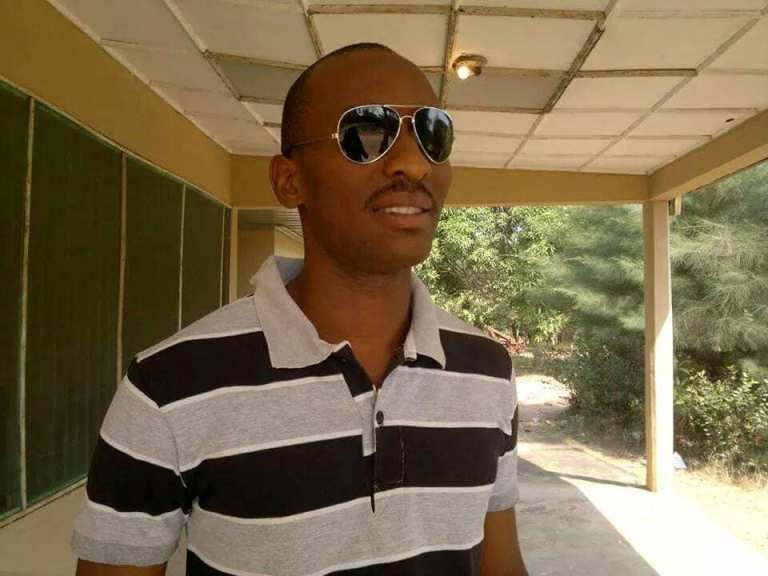In Nigeria, police officers have gone into the business of extortion and blackmail, targeting gay men as their victims.

Police officer Iheanachor Ifeanyi — accused of entrapping and extorting money from gay men. (Photo courtesy of Facebook)
Several cases recently came to light of police officers pretending to be gay in order to lure unsuspecting homosexuals to locations where they are arrested and forced to pay money in exchange for their freedom.
The police officers mostly find their victims online.
One gay man told activists about of a corrupt police officer at Ikeja in Lagos State who goes by the name Iheanachor Ifeanyi. This officer first arrests persons he suspects to be gay and then lures their friends to unsuspected locations where he makes further arrests. After which, he demands money for their release. He runs the operation like a business.
Other police officers in Lagos reportedly arrested a gay man and lured his friends to where they were all arrested and asked to pay N50,000 each (about US $138) in exchange for their freedom. After a human rights NGO in Lagos intervened, they were freed, but only after paying a bribe.

Lagos area police officer Iheanachor Ifeanyi reportedly entraps gay men online, then follows up by entrapping and extorting money from their friends. (Photo courtesy of Facebook)
In a similar case, previously unreported, a young gay man was recently blackmailed and arrested by the police in Lagos. They threatened that they would tell his employer that he is gay if he did not pay a bribe. He ended up paying N80,000 (about US $221) in exchange for his freedom.
Even if such police corruption didn’t exist, being gay in Nigeria would still be tough and frustrating. Lesbian, gay, bisexual, and queer [LGBQ] people face jail terms of up to 14 years if they are caught in the act and 10 years for belonging to an organization that supports or provides services to LGBQ people in Nigeria.
Criminals and now police have taken advantage of Nigeria’s anti-gay law to perpetrate crimes against individuals on the basis of their real or perceived sexual orientation. Gay people are victims of crimes such as kidnapping, unlawful arrests, rape, blackmail and extortion, which has become lucrative for police officers across the country.
Cases similar to the ones mentioned above have been documented by several NGOs in Nigeria. Some cases go to court and the victims end up in prison. In other cases, the victims eventually gain their freedom after they have been humiliated and paraded in the media, and bribes paid for their freedom.
If you are gay and living in Nigeria, here are 11 tips for avoiding anti-gay blackmail.
COMMENTS